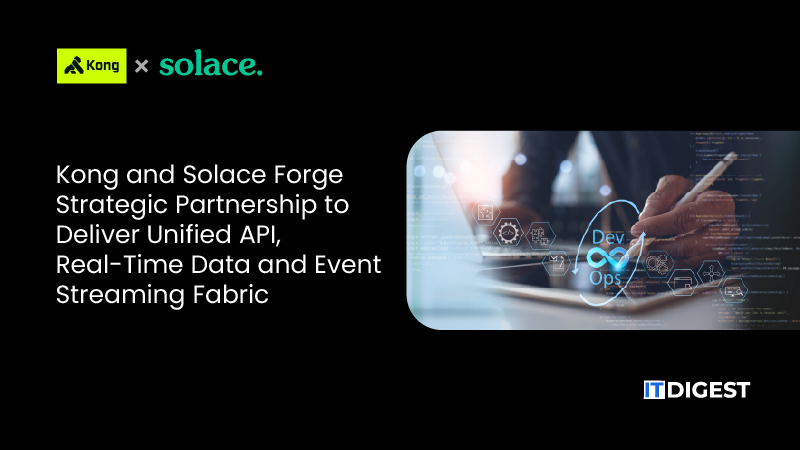Saviynt, a leading provider of cloud-native identity and governance platform solutions, announced its participation in the Microsoft Security Copilot Partner Private Preview. Saviynt was selected based on its proven experience with Microsoft Security technologies, willingness to explore and provide feedback on cutting-edge functionality, and close relationship with Microsoft.
“AI is one of the defining technologies of our time and has the potential to drive meaningful, step-change progress in cybersecurity,” said Ann Johnson, Corporate Vice President, Microsoft Security Business Development. “Security is a team sport, and we are pleased to work alongside our Security Copilot partner ecosystem to deliver customers solutions that enhance cyber defenses and make the promise of AI real.”
Saviynt is working with Microsoft product teams to help shape Security Copilot product development in several ways, including validation and refinement of new and upcoming scenarios, providing feedback on product development and operations to be incorporated into future product releases, and validation and feedback of APIs to assist with Security Copilot extensibility. To learn more, read the announcement.
“Integrating with Microsoft Security Copilot is an important step in our journey to enable Saviynt Enterprise Identity Platform (EIC) with actionable intelligence,” said Sachin Nayyar, CEO at Saviynt. “This is a significant step in bolstering Saviynt’s existing and deep integrations with Entra ID, Azure IAAS and Azure Sentinel allowing us to exchange Identity and Risk signals on a continuous basis.”
Security Copilot is the first AI-powered security product that enables security professionals to respond to threats quickly, process signals at machine speed, and assess risk exposure in minutes. It combines an advanced large language model (LLM) with a security-specific model that is informed by Microsoft’s unique global threat intelligence and more than 65 trillion daily signals.
SOURCE: Businesswire


































